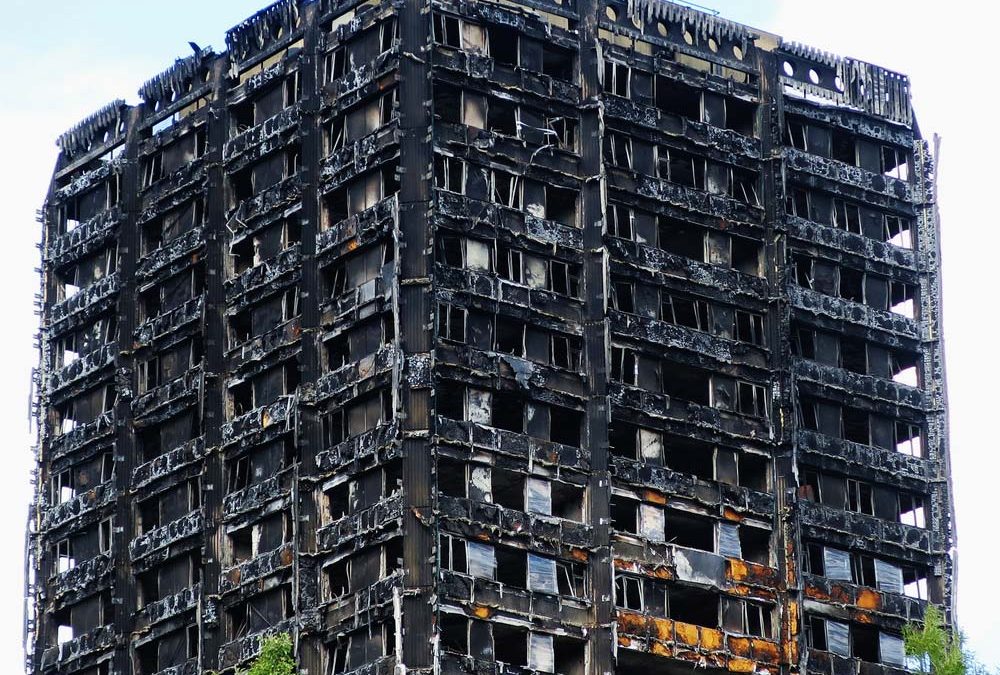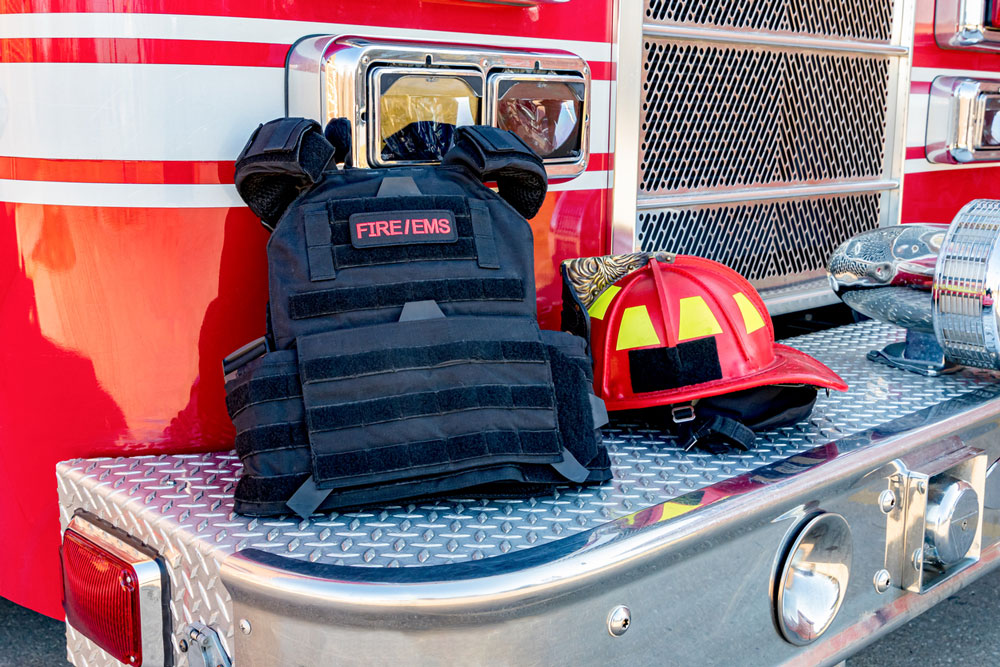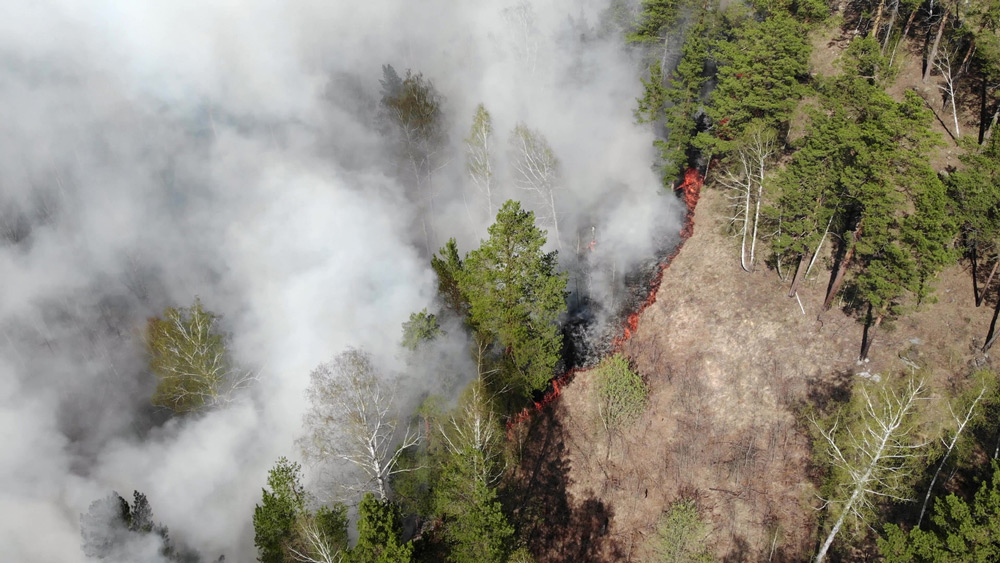
New Eco-Friendly Coating to Make Building Materials Fire-Resistant
Catastrophic residential fires and wildfires have a significant impact in terms of fatalities and injuries, as well as loss of property.
Click here to read more.

Catastrophic residential fires and wildfires have a significant impact in terms of fatalities and injuries, as well as loss of property.
Click here to read more.

Crisis psychology refers to how we react in the event of a critical incident such as a fire, terrorist attack, or a natural disaster. Marc Gaunt, Category and Segment Marketing Manager UK&I at Eaton, gives readers an insight into how evacuation technology, developed in line with behavioural psychology, can be used to influence the brain in crisis mode.
Click here to read more.

First responders’ continuous exposure to traumatic events can lead to various occupational stress injuries. The Centre for Suicide Prevention carried out a study that concluded that “first responders experience PTSD at twice the rate of the average population.” Empathy fatigue, also known as vicarious trauma or secondary stress, can often mirror the symptoms of PTSD, making it sometimes difficult to separate the two.
The daily stresses that first responders encounter when completing their work take a toll on their emotional, mental, and physical health. The unfortunate fact is many first responders go into their professions because of their caring and empathetic nature. Being susceptible to the emotional stress of those they encounter and care for is often a harmful side effect of their profession.
According to the Canadian Medical Association, some of the symptoms and side effects of emotional trauma can include:
Employers in the workplace have a responsibility for understanding the stresses their staff may be experiencing, recognizing the symptoms of empathy fatigue and PTSD, and offering methods of support. Organizations such as the TIC Training Center have begun to provide training and certification to individuals and organizations to become ‘trauma-informed’ to improve abilities to recognize early warning signs and ways of dealing with them effectively.
The continuous exposure to suffering and loss of life that first responders experience can quickly result in empathy fatigue, later evolving into emotional trauma and PTSD. It is vital for individuals to prioritize their own mental health needs and well-being in any profession. Reaching out to friends, family, or a support group is recommended as a first step if symptoms, as mentioned above, are evident. Many resources are available for first responders with the Honour House Society, the First Responder Support Network, the Canadian Mental Health Association, and more.

A senior official has admitted the government knew 15 years before the Grenfell Tower disaster that plastic-filled cladding panels – which fuelled the fatal fire – burned “fast and fierce” and he believed they should not be used on tall buildings.
Click here to read more.

Keep your e-bike and your home safe.
Click here to read more.

A virtual reality tool is helping firefighters train in the field without leaving the station.
Click here to read more.

Miami-Dade (FL) Fire Lieutenant Nassoma Morgan and Captain Bill Gustin offer sprinkler flow training.
Click here to read more.

New provincial funding to expand the BC Wildfire Service to a year−round endeavour is a welcome step toward preventing disasters, while others in the field say the funds could be better spent elsewhere.
Click here to read more.

Following close encounters with gun violence when responding to 9-1-1 calls, the Toledo Fire and Rescue department says it’s time for increases in safety.
Click here to read more.

Enterprise Control Systems says its products will improve situational awareness and collaboration among services.
Click here to read more.